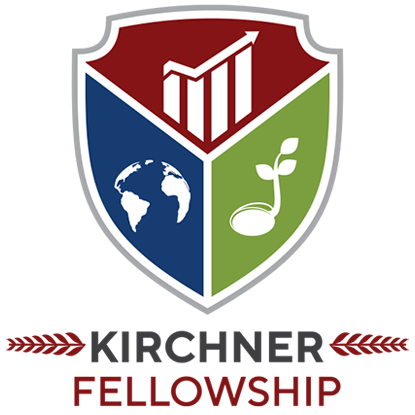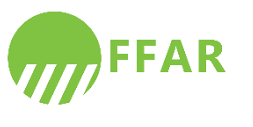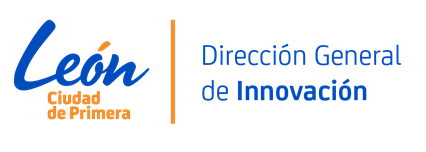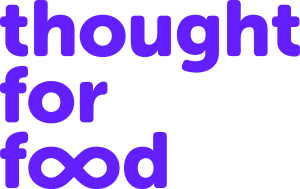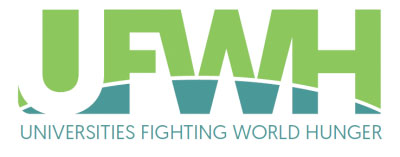The Kirchner Fellowship is an initiative of The Kirchner Impact Foundation (501 (c) (3)) one of the “returning arms” of Kirchner Group, that focuses on harnessing the positive power of enterprise to make a difference in addressing some of the most important issues of today. The program has been made possible through the combination of resources, and expertise from these partners.
Kirchner Group
Kirchner Group was founded in 1985 as a boutique firm and today operates various subsidiaries, providing advisory services (M&A, assessments, diligence) and operational support (interim management, workouts, turnarounds) as well as asset management (dedicated, portfolio optimization) – all leveraging a proprietary approach that dovetails domain and process expertise. Throughout the decades Kirchner Group has been internationally recognized for its unique business model centered around creating value while promoting values: “earning while returning”. The firm has also established a reputation for building and rebuilding important business and social paradigms based on its deep entrepreneurial orientation. Kirchner Group’s clients and partners include early stage to mid-market companies, venture capital and private equity firms as well as family offices and some of the world’s largest insurance companies, commercial banks and institutional investors.
Kirchner Impact Foundation
Kirchner Impact Foundation (KIF), is a non-profit organization that serves as one of the “returning” arms of Kirchner Group. KIF harnesses the positive power of enterprise to make a difference in addressing some of the most important issues of today and reflects our belief that every business should contribute to a positive human future.
Bonaventure Capital
Bonaventure Capital, invests in entrepreneurial teams on a mission to build a better world. For over two decades, the firm has partnered with high-quality management teams building a more resource-efficient future. These visionary leaders and their disruptive businesses are proving they can drive returns to all stakeholders – investors, employees, customers and suppliers – by solving historically intractable problems.
Thematic Partners
The Kirchner Food Fellowship Program has formed partnerships with leading organizations that are helping to address this global issue.
Foundation for Food and Agriculture Research (FFAR)
The Foundation for Food & Agriculture Research (FFAR) builds public-private partnerships to fund bold research addressing big food and agriculture challenges. FFAR was established in the 2014 Farm Bill to increase public agriculture research investments, fill knowledge gaps and complement USDA’s research agenda. FFAR’s model matches federal funding from Congress with private funding, delivering a powerful return on taxpayer investment. Through collaboration and partnerships, FFAR advances actionable science benefiting farmers, consumers and the environment.
The Rockefeller Foundation
The Rockefeller Foundation advances new frontiers of science, data, and innovation to solve global challenges related to health, food, power, and economic mobility. As a science-driven philanthropy focused on building collaborative relationships with partners and grantees, The Rockefeller Foundation seeks to inspire and foster large-scale human impact that promotes the well-being of humanity throughout the world by identifying and accelerating breakthrough solutions, ideas, and conversations.
Directorate of Innovation of the Municipality of León
The General Directorate of Innovation of the Municipality of León explores and adopts successful approaches for competitive and innovative societies in the world, visualizing high-performance services and technology, in order to turn León into a Smart Humane City, seeking that innovation starts in public administration so that more and more people, businesses and institutions join the project, turning León into a smart humane city, improving the participation and quality of life of all citizens, placing them as the central axis of action.
Directorate of Rural Development of the Municipality of León
The Directorate of Rural Development of the Municipality of León seeks to improve the standard of living of the inhabitants of the rural area through the partnership between the government and the population in social, productive, and rural infrastructure programs, thus transforming the Leonese countryside into the Development Axis of the Municipality of León.
Costa Rica United States Foundation for Cooperation (CRUSA)
CRUSA is a Costa Rican non-profit foundation. Since 1996 the Foundation has devoted its efforts towards improving life quality for the country’s inhabitants and achieving sustainable development. As part of their current strategy the Foundation is committed to boosting the entrepreneurial ecosystem to enable high impact ventures creation for a more sustainable, prosperous and inclusive growth.
Thought for Food
Thought For Food is the world’s next gen innovation engine for food and agriculture. They create, empower and support a new generation of leaders to solve our planet’s most pressing challenge: How to sustainably feed 10 billion people? In 2011, Thought For Food launched the world’s first innovation platform for food and agriculture. To date, they have worked with 15,000+ young leaders, catalyzed the creation of thousands of new ideas and launched the world’s most game-changing social-impact startups.
Universities Fighting World Hunger
UFWH is a growing, global network of universities working in partnership to amplify the voice of the rising generation – a voice calling for a world free from hunger and malnutrition.
